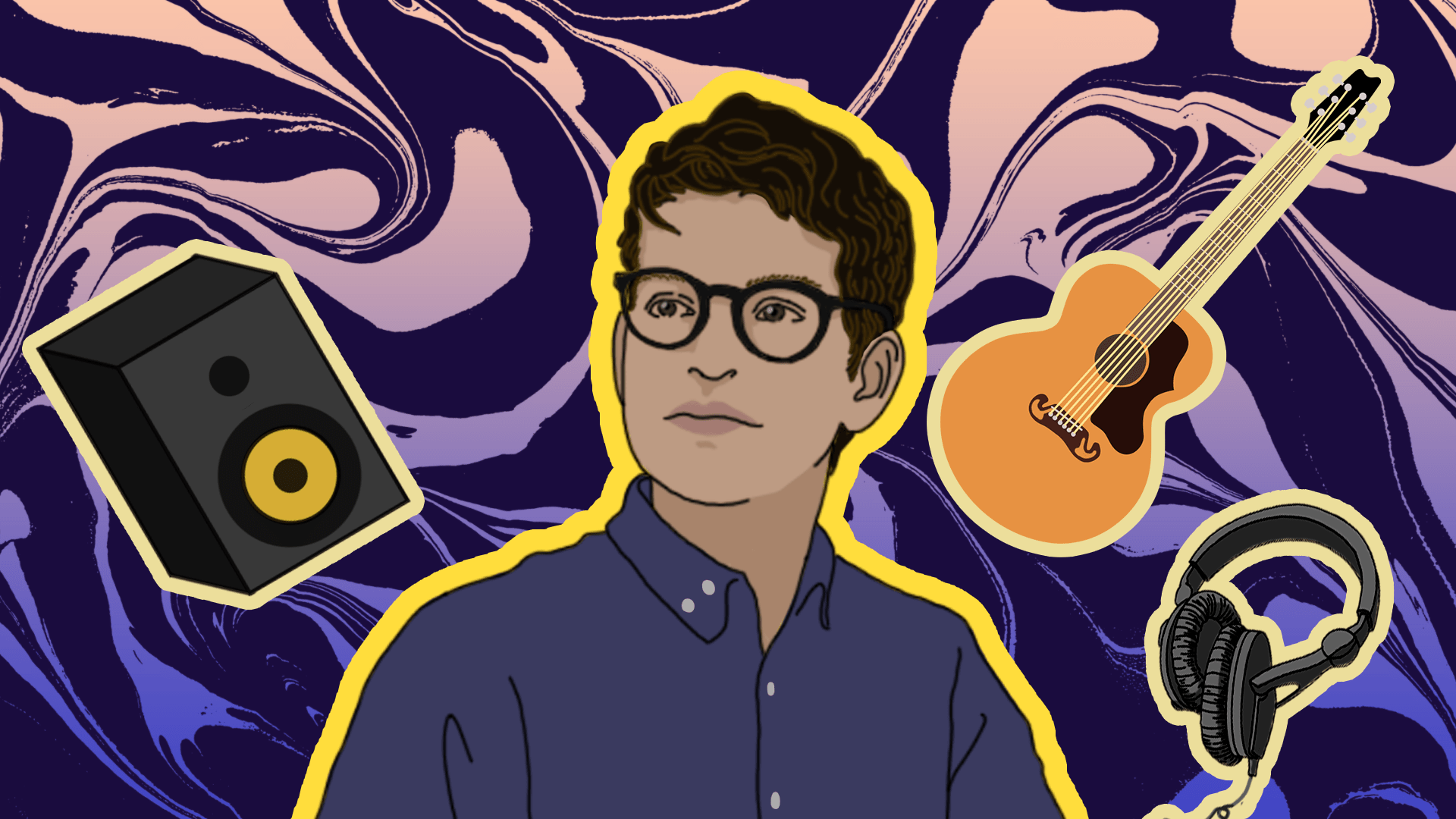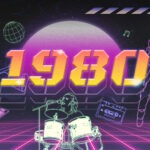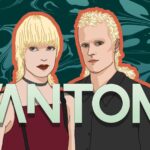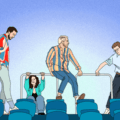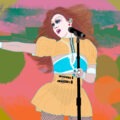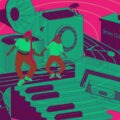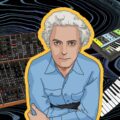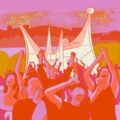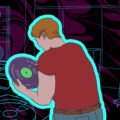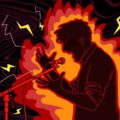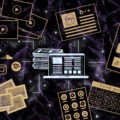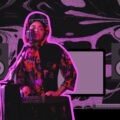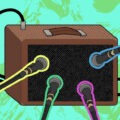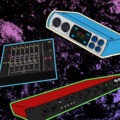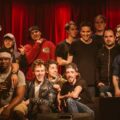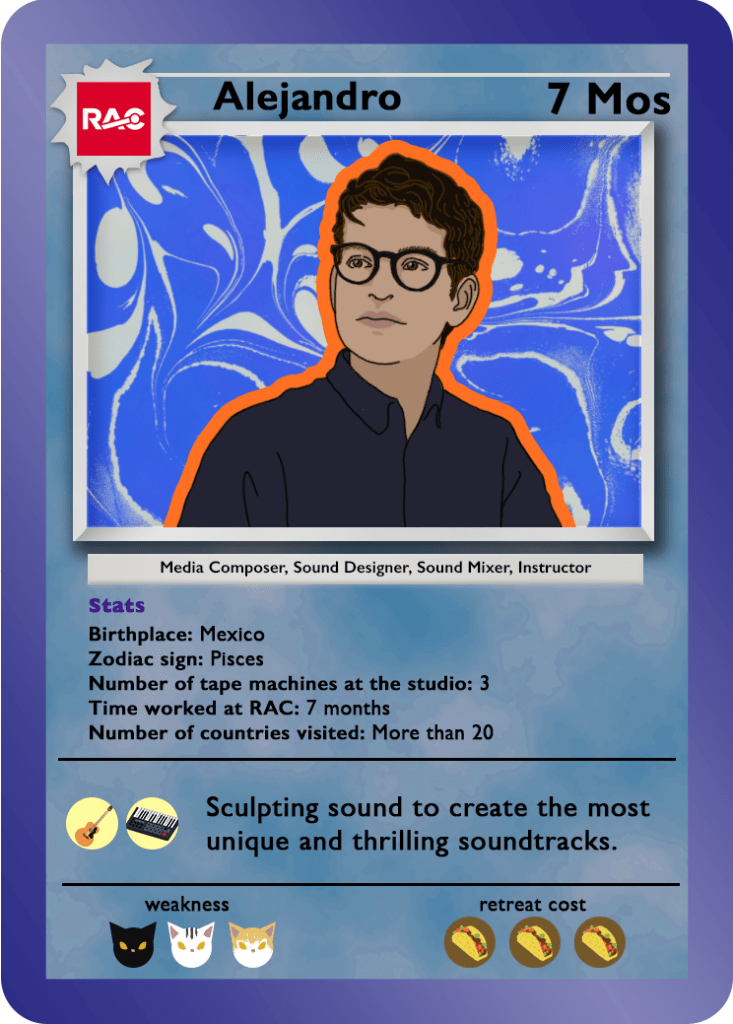
Rapid-Fire Questions
If you were not a sound engineer, you would be… A Mexican food chef
Favorite band as a teen: Muse
The song playing in your headphones right now:
Gear you can’t live without?
- The first analog gear I bought that I send anything bassy through: EQ Klark Teknik EQP-KT.
A word or short phrase that comes to mind when thinking about:
- Music for film: Be the guide and direct the viewer
- Teaching: Sharing
- Mexico: Food
- Montreal: Joy
____________________________________
RAC: You have 8 years of professional audio industry experience, can you describe your educational and musical background?
Alejandro: I’ve been playing music since I was 13, but had no intention of making it my career; I had registered to study mathematics at university. Then a friend of my mother’s, a teacher at the National School of Music, convinced me to apply for composition. It was a super classical school. If you played anything other than classical music (like jazz or worse, salsa!), the teachers would send you home right away. The more time went by, the more I found their approach ridiculous: who were they to say what was good or not?
That’s what made me want to move. So, in 2012, I applied for a scholarship to study composition at the Institute of The Australian Institute of Music. After my two and a half years there, I did a master’s degree in Film Composition at the University of Edinburgh, Scotland.
After a few years of moving back and forth between Montreal and Mexico I officially settled in Montreal in 2019. It wasn’t easy, but the change of scenery helped me see things differently. I already had contracts here and there, but I was scared of the transition into the job market.
RAC: What led you to becoming a teacher at RAC?
Alejandro: I’ve always liked sharing knowledge in some way. In academia, it’s kind of the natural evolution of things: you study, get your master’s degree, get your doctorate, then you teach. This is especially true in the arts when you have a PhD.
Right after the pandemic, I saw an ad pop up and sent in my resume. When I was hired I vowed that I would not be like the “traditional” teachers I had. I encourage diversity in music. French being my third language, I was nervous about teaching in French. At first I often switched to English but now I think I’m getting the hang of it…
RAC: What is your favorite area of work (composing for your own projects, performing, teaching etc.)?
Alejandro: Performance has never been my favorite part. In fact, what I like about what I do is that it changes often. It’s not just film scoring or sound design. For post-production, I still work on independent projects, which is interesting because I take on different roles: from overall audio production to composition and sound design. That’s why it’s really great – because I get to mix everything and I’m in control.
Mixing different projects has given me a different perspective. When you mix your own music, you don’t always see all the possibilities. So when I started mixing, I could say to myself “oh ok, next time I work on my music I can do this, then try that”. It’s the same with mastering. Usually you make better decisions for other people, so it’s a practice to then apply to your own projects.
For my personal projects, it comes in phases: sometimes I’m really motivated, then other times I’m too shy. I prefer collaborations.
RAC: You recently launched your podcast, Bande Sonore, which is a space to share the projects, experiences and journeys of different audio professionals. Can you tell us more about it?
Alejandro: It came from ideas that I had when I came out of university, and then it allowed me to meet people when I moved to Montreal. In art, we don’t see many examples and we are not given enough options to open up our opportunities for the future. You go to school because that’s what seems to be the most logical and safe route, and then you face the job market without really knowing what to do. Through talking to people, I realized that everyone had a similar experience.
It is also a way for me to “de-romanticize” the idea of the artist: the one who dedicates themselves completely to art by vocation or by love for music. We become “the musician friend”, “the cool one”, like a prop. We shouldn’t be reduced to that.
The podcast stems from all those feelings. My guests are from different backgrounds so you see different types of career paths and success. It’s really interesting to meet these folks and it’s not just a conversation – we also write a piece together so it’s really rewarding!
RAC: What are some of the issues or topics that particularly resonate with you about transitioning into the workforce?
Alejandro: I find that we aren’t taught more concrete skills to be able to work as an independent artist. It’s much more than just having the tools to write music or perform it: there are also life skills. When I was in Mexico, Australia or Scotland, we were told about the professional side of things, but it was never a full course.
I had a course in post-production and music for film that talked about how to write to describe actions or emotions. But we didn’t address the fact that clients don’t always express themselves in musical terms. You learn this with experience. For example, someone once told me that he wanted “something green”. It made sense to him because he was working with a green filter, but you have to discuss and think about how to represent that.
Then at university in Scotland for the last week, Guy Michelmore, a renowned composer who’s written for Disney and Marvel amongst others, came to do a master class. He opened with: “expect to not get paid for your music for the next 2 years”. It was blunt but everyone understood that it was the “real talk” we needed then. Yes, you learn everything you need to, that’s important, but you also need to understand the context you’ll be working in. In art schools in general, maybe aside from some small workshops, there are no courses like that.
RAC: What is success in the audio industry for you?
Alejandro: For a long time I didn’t think about it because I was in Mexico and had contracts that paid enough, but I also had my parents’ support, which I was ashamed of. It’s not easy to do what you love without completely living it 100%. I’ve come to accept that without my family’s support, it just wouldn’t have been possible, and today I try to honour that. I think we’ve all done something else for a living while pursuing our passion – to each their own and it’s nice to normalize that.
Also, it’s not related to talent: you can succeed without being good and fail while being talented. Success is subjective and changes depending on the context.
For me, I became successful when my professional context became more comfortable. But just before, I was working in a small restaurant and I had a few contracts; it wasn’t going badly but it wasn’t going well, either. I thought about changing fields because the restaurant gave me more financial security. It was either that or take out a loan for my studio… I chose the studio.
RAC: What advice would you give to students to help them transition into the professional world?
Alejandro: You have to produce as much as possible, but more importantly, and this is not easy: you have to build a tough skin. As in any work environment, there are things that can be difficult to hear. It may not be mean, nor personal, but when you have worked so long on your art, it hurts.
There are also so many situations that prevent you from achieving everything you want. It’s not because you’re not good. If someone didn’t like your music, they may like your voice, your performance. You have to try again.
Every opportunity is a seed that you plant. You plant one when you work with someone, then you go to work with another person and maybe that seed will rot, but it doesn’t matter because the other one has started to grow.
RAC: You make virtual instruments on the Kontakt platform. What has your journey been and are there any specific things you need to know to get started?
Alejandro: Kontakt was one of the samplers we studied in Australia. This platform, used by many companies, works as a plugin that allows access to sound sample libraries. The most popular ones are based on blockbusters so they all end up sounding the same.
The big names don’t use these libraries: they make recordings to create their own. I had more time during the pandemic so I was able to create my instruments, learn how to build the graphical interfaces and make them easier to use. Then I started selling them.
Acousmatic Sounds | Remote Violin – Trailer – YouTube
RAC: What are your upcoming projects for 2023?
Alejandro: Continuing my podcast! Right now, teaching is taking up more space but I’ve already worked on 5 episodes that will be released soon. Since the first episode, I have a lot of friends suggesting potential guests, so I have a good list going. I’m happy to be able to share examples of inspiring people who show that there are many ways to succeed in our business.
Written by Caroline Boivin
Translation by Maryse Bernard
Illustration by Yihong Guo
